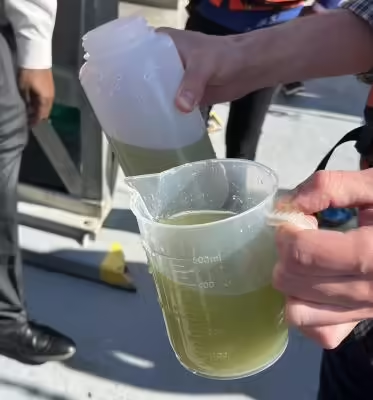Not only does the federal government plan to implement its ban on a list of single-use plastics by the end of next year, but it also plans on tracking the lifecycle of the plastics it will allow and regulate symbols on those products.
Minister of Environment and Climate Change Steven Guilbeault announced the next steps in the government’s plan to cut plastic waste and protect the environment on Monday.
The public, stakeholders, and partners have until October 7 to comment on the new rules and registry, and the government hopes to publish draft regulations by the middle of next year.
Plastic producers will report how much plastic product they put on the Canadian market and how they are diverted from landfills. The registry would help it collect data on the life cycle of plastics.
New regulations would also require a minimum level of recycled plastics in some products.
The new labelling rules would prohibit companies from using the terms “combustible” or “biodegradable” on their products unless a third-party organization certifies them. It would also prohibit companies from using the chasing arrows symbol unless 80 per cent of Canadians can recycle them, assuring there is an end market for the item. Guilbeault said the goal is to better inform consumers about the plastics they buy and disposal.
“Far too many plastics end up in our landfills, our waterways, on our streets, and in our environment. We must find a way to recirculate plastics in our economy,” said Guilbeault. “That means improving outcomes at each stage in the recycling process and helping consumers understand labelling rules so that plastics are used multiple times. We also need better data collection, and rules for responsible producers that are consistent, comprehensive, and transparent.”

© Can Stock Photo / BrianGuest
The federal government said a more circular economy for plastics could reduce carbon emissions by 1.8-megatonnes a year, create 42,000 jobs by 2030, and generate billions of dollars in revenue.
In 2018, Canadians threw away 4.4-million tonnes of plastic waste, and only eight per cent was recycled.
By the end of this year, companies in Canada will no longer be allowed to make or import plastic shopping bags, stir sticks, six-ring carriers, single-use cutlery, take-out containers, and most straws. The ban on sale will kick in by the end of 2023, while exporting them will be illegal in 2025.
Canada plans to move to a zero-plastic waste economy by 2030.
